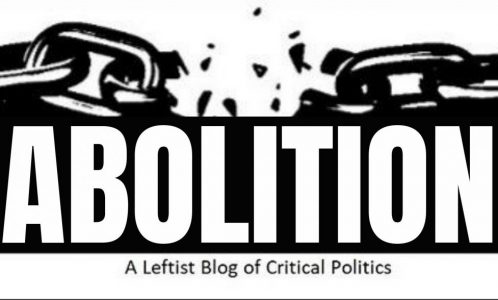Introduction
I was unable to find a specific management rights clause in an Australian collective agreement. However, such rights are implicit in it. For example, in the 2019-2022 Enterprise Agreement between Geoscience Australia and two unions–the Community and Public Sector Union (CPSU) and Professionals Australia–it is implicit that management ultimately establishes the standards used to determine whether an employee is performing adequately; management also carries out the performance evaluation.
Collective Agreement Between Geoscience Australia and the Community and Public Sector Union (CPSU) and Professionals Australia
From page 35 of this collective agreement:
60 PERFORMANCE MANAGEMENT
60.1 All employees will be required to participate in performance management and complete a Performance Development Plan (PDP), except non-ongoing employees engaged for a period of less than six continuous months.
60.2 All employees will receive a performance rating at the end of the cycle which will reflect individual performance related to key accountabilities and outcomes and observable behaviours.
60.3 Performance ratings to be used in assessing employee performance against the agreed outputs of their PDP are as follows:
a. On Track (or equivalent) – Performance consistently met or exceeded position requirements and agreed expectations.
b. Not on Track (or equivalent) – Performance did not meet the position requirements and agreed expectations.
Note the reference to “agreed expectations” in a and b. This “agreed” expectation is controlled by managerial power and is hardly an agreement among equals.
Performance appraisal as a domain of managerial prerogative that permits control over workers since a poor performance appraisal will, ultimately, lead to dismissal. (For a personal account of the power of performance appraisal as a teacher, see from the series, for example A Principal’s Evaluation of My Teaching Basic French, or: How to Oppress a Worker Through Performance Evaluation, Part One).
Or is this analysis mistaken? Do you find that in your work you are equal to your managers in decision-making power? In the direction of the enterprise? In the direction of the economy? In the direction of your life? Or do you find that your life is directed and determined by the ebbs and flows of managerial decisions in particular and the general decisions of the “economy” dominated by employers?
Conclusion
There is nothing fair about collective agreements which concentrate most decision-making power over our work lives in the hands of the representatives of employers called managers. Collective agreements limit such power–but they do not by any means challenge such power. Indeed, they do not challenge the dicatorship of employers (see for example Employers as Dictators, Part One). Nor do they challenge the use of human beings as things that are treated as means for other people’s ends.
The law certainly does not prevent the exploitation and oppression of workers; workers may be able to use the law to limit their exploitation and oppression–but not abolish them.
